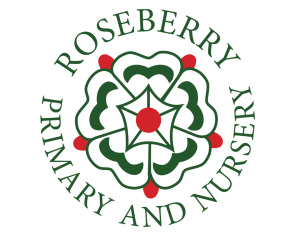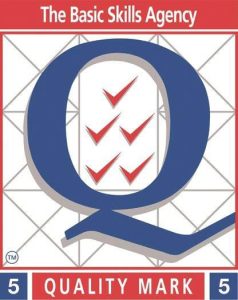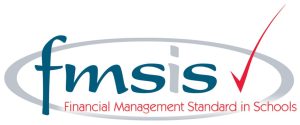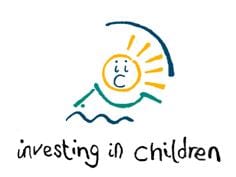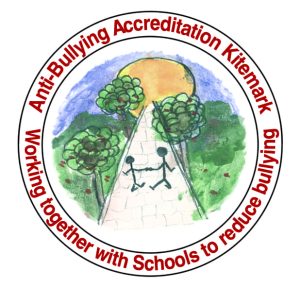Most children and young people in mainstream schools will have their special educational needs met through good classroom practice. This is called Quality First Teaching.
Early Identification of Need
In deciding whether to make special education provision to support educational, social, physical or emotional needs, we:
- Work in partnership with parents/carers, pupils
- Consult with relevant external agencies
- Use assessment tools & materials
- Use observations
- Use Short Notes
- Other
SEN Support
Most children and young people will have their special educational needs met in mainstream schools through good classroom practice. This is called Quality First Teaching.
At Roseberry Primary and Nursery School, we follow a graduated support approach which is called “Assess, Plan, Do, Review”.
This means that we will:
- Assess a child’s special educational needs
- Plan the provision to meet your child’s aspirations and agreed outcomes
- Do put the provision in place to meet those outcomes
- Review the support and progress
As part of this approach, we will produce a SEN Support Plan that describes the provision that we will make to meet a child’s special educational needs and agreed outcomes. Parents and carers will be fully involved in this process.
A small percentage of children and young people with significant learning difficulties might need an assessment that could lead to an Education, Health and Care Plan. The purpose of an EHCP is to make special educational provision to meet special educational needs of the child or young person, to secure the best possible outcomes for them across education (SEND Code of Practice p.142). It is a legal document that describes a child or young person’s special educational, health and social care needs.
You can find details of how we adapt the curriculum and make it more accessible for pupils with SEN below:
A special educational need can be a number of different things. For example, a child may be having problems with reading, number work or behaviour, which can be helped by putting extra support in at school and by working in partnership with parents and other agencies if necessary.
It may also be due to a disability which makes it harder for a child to use the same educational facilities that the school provides for the majority of children. For some children this may be a temporary difficulty, while others may have a long term need for additional help.
For more detailed information see the Local Offer
Details of Identification and Assessment of Pupils with SEN
The progress of all children is monitored closely through a range of assessment procedures and internal tracking. Detailed assessments and target tracking ensure that all learners achieve and make progress at Roseberry Primary and Nursery School. Pupil assessments are carried out each half term and those children needing extra support and/or are underachieving are identified. Individualised interventions and support plans are put into place to accelerate progress.
Progress of the child is closely monitored by the SENCO and class teacher in order to evaluate the effectiveness of the support and interventions being delivered. This information is shared with the parents and the child, where appropriate. Teachers, children and parents meet termly to discuss the child’s progress and targets are set for the forthcoming term.
For further information please view or download our Accessibility Plan which can be found in the School Policies section of our website.
